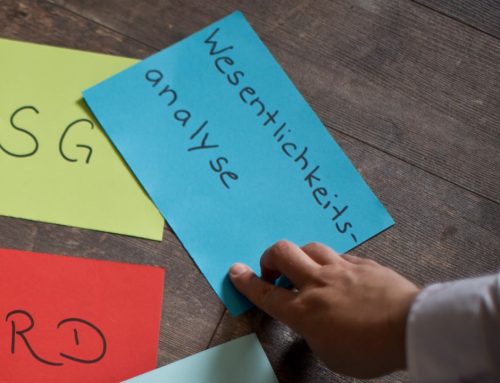The EU Deforestation Regulation (EUDR) – A Milestone for Sustainable Supply Chains
The European Deforestation Regulation (EU) 2023/1115 was introduced to significantly reduce deforestation and forest degradation. Its primary objective is to combat climate change and protect biodiversity. Companies that place certain raw materials and products on the EU market or export them from the EU must ensure that their products do not contribute to deforestation or forest degradation.
Which Companies Are Affected?
As of December 30, 2025, comprehensive compliance requirements will apply to companies based in the EU. Small and micro-enterprises will have an extended deadline until June 30, 2026. The regulation replaces the previous EU Timber Regulation (EUTR) and extends due diligence obligations to additional raw materials.
Which Products Are Covered by the Regulation?
The EUDR governs the import, trade, and export of products linked to deforestation and forest degradation. These include:
- Beef
- Cocoa
- Coffee
- Natural rubber
- Soy
- Palm oil (palm tree)
- Wood
Products made from these raw materials, such as paper, printed materials, or specific wood products, may also be covered by the regulation.
Companies’ Due Diligence Obligations
Affected market participants are required to implement due diligence procedures, which include:
- Documentation of raw material origins
- Analysis and risk assessment of supply chains
- Regular review and reporting
- Implementation of risk mitigation measures
These measures must be reviewed at least annually or whenever relevant changes occur. Due diligence documentation must be retained for at least five years.
Implementation Challenges
While the regulation is clearly defined, many detailed questions require careful analysis by companies. For example, natural rubber from the rubber tree is covered under the EUDR, whereas other natural rubber types like gutta-percha are not. Similarly, a wooden pallet is subject to the regulation if traded as a product but not if used solely as a transport medium.
Conclusion
The EU Deforestation Regulation is a crucial step toward greater sustainability and transparency in global supply chains. Companies should proactively familiarize themselves with the new requirements to minimize compliance risks and future-proof their supply chains. A detailed supply chain benchmarking, expected in mid-2025, will provide further clarity.
Act now and prepare your company for the new challenges—toward a sustainable future!





Leave A Comment